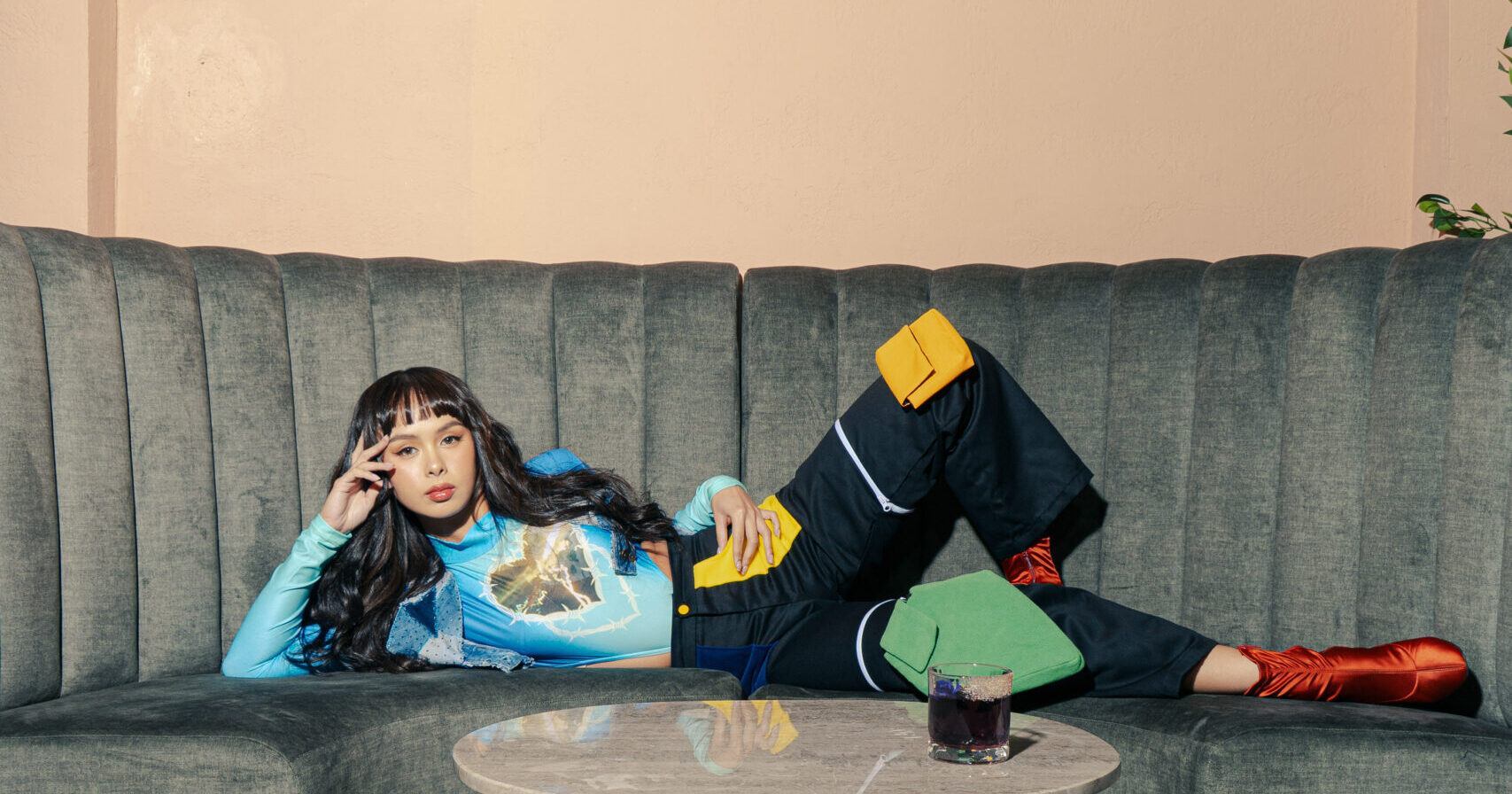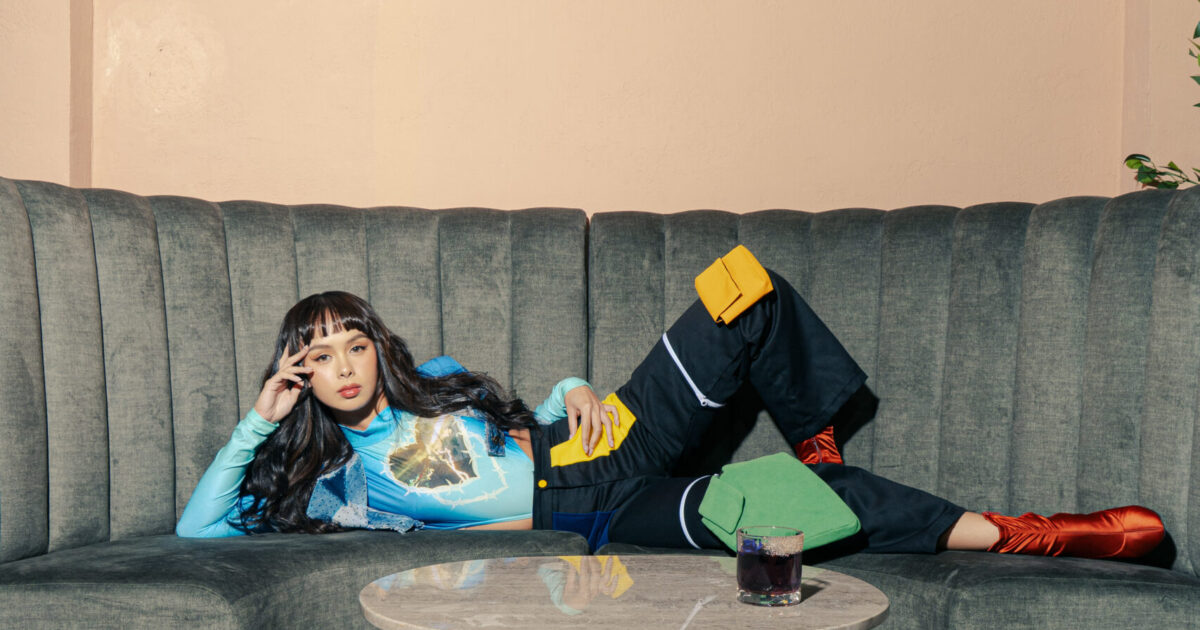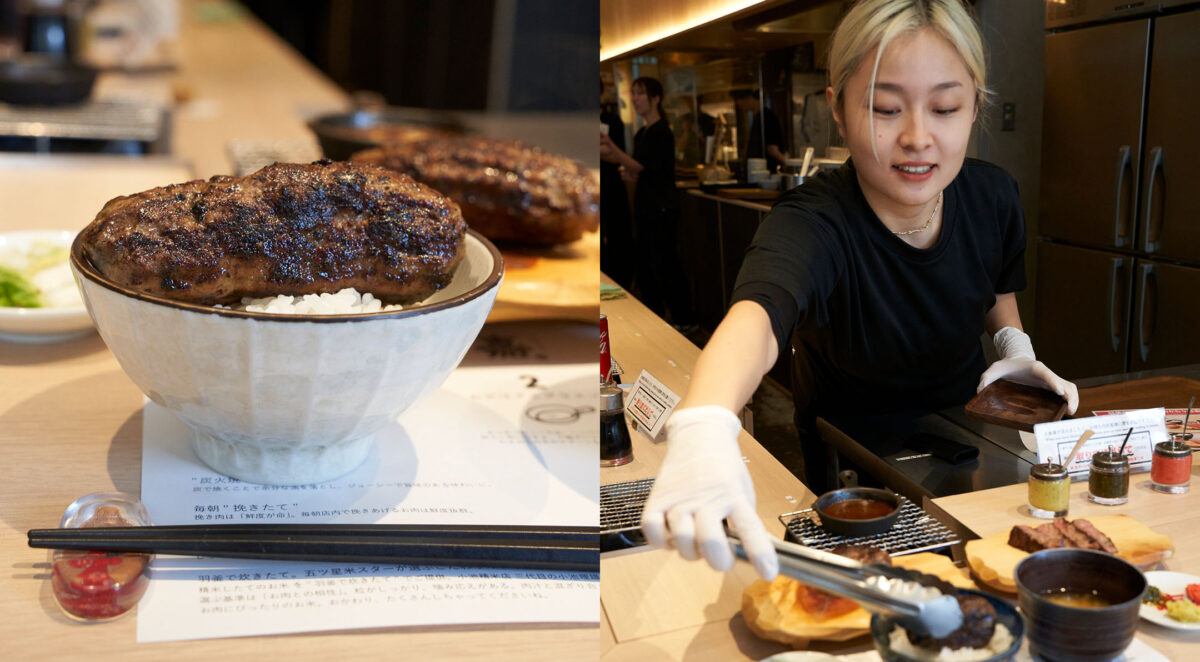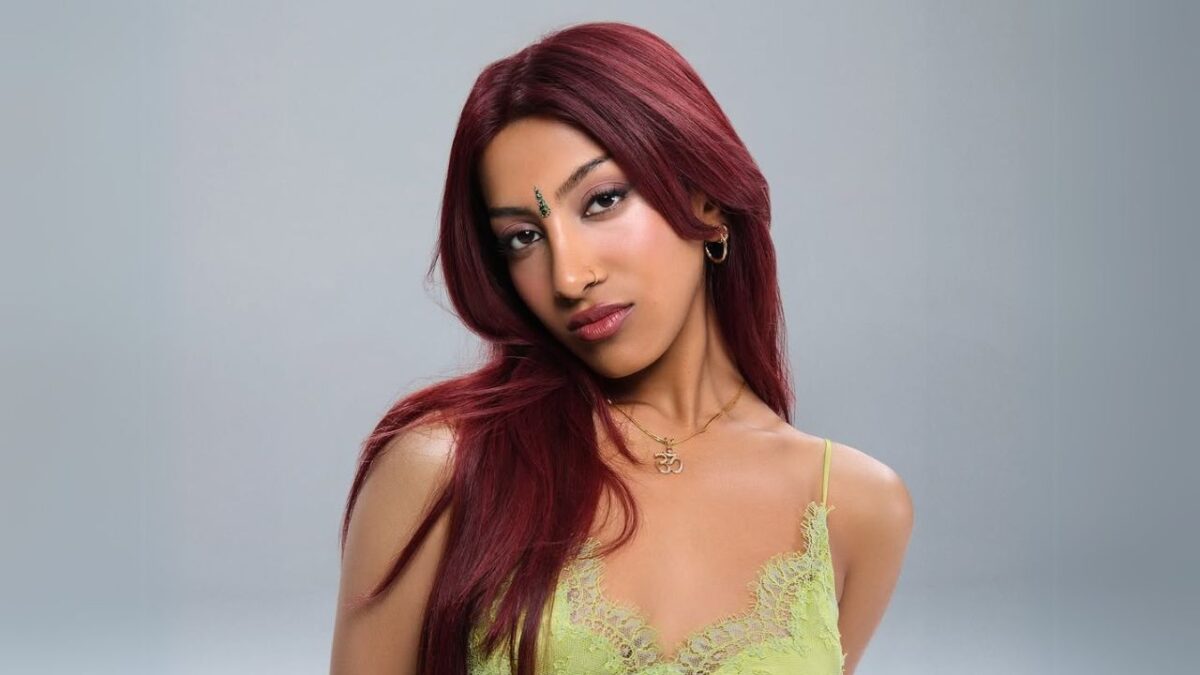“Do we have to be beautiful to deserve acceptance?” Evan Tan answers in this follow-up to “Do You Think I’m Too Ugly to Deserve Equal Rights? (Part 1)“
Sometimes, I look into the mirror and think I’m the pipe in Rene Magritte’s painting “The Treachery of Images”: a representation of something, but not quite. I perform a ritual every morning to construct this representation: black shirt, matted face, and hair parted to the left. Chosen perfume: Malin + Goetz leather. The delulu personal brand in my head: a gay man in his mid-thirties, casual but not rugged, informal but not careless. Nothing too loud, nothing that draws too much attention. (I remember something my late mentor, Brian Tenorio, once told me: “Dressing well is a form of respect.” By that, he meant: if you want people to listen, you must play by their rules first. You have to look like them.)
I remember how an ex-friend once told me, “You act too straight to be gay.” He said I was too bland and vanilla, which was a stark contrast to his flamboyance: screaming colors, campiness, and quickly deployed sarcasm. He would often make fun of how I’d laugh after I told a catty joke as if it was to cue that I didn’t truly mean what I said. “So you think your jokes are funny,” he’d say. I felt horrible, asking myself if I had been faking who I was, afraid to act like he did because I wanted to blend in.
As queer people, we’re acutely aware of the rules as if we had perfect pitch, except instead of musical notes, it’s social cues that we’re attuned to. Subconsciously, I learned that I would be tolerated for entering spaces where queer people aren’t traditionally accepted as long I didn’t cross the lines too much. My ex-friend, however, reacted very differently. He understood the rules, but instead of acquiescing to them, he wanted to push the boundaries, challenging the boxes society had put on us. Sometimes, I wondered whether I was annoyed at him because he was unwieldy and abrasive, or if I just didn’t like how he tried to get away with breaking the rules.
“As queer people, we’re acutely aware of the rules as if we had perfect pitch, except instead of musical notes, it’s social cues that we’re attuned to. Subconsciously, I learned that I would be tolerated for entering spaces where queer people aren’t traditionally accepted as long I didn’t cross the lines too much.”
But when we conflate how we present and express ourselves with who we are, specifically in the context of queerness and our place in the queer community, we are falling into the same mistake that cisgender heterosexual people often commit when trying to understand queer people. Judging people by how they look and act rather than what they say, while useful in some cases, can be detrimental when we perceive people’s sexual orientation and gender identities by their gender expressions.
Trans people are among those whose identities are constantly scrutinized by the way they express their gender. Queer writer and professor Lakan Umali shared how she struggled with expectations of femininity for trans women:
“It was something I was dealing with even before I transitioned. I always felt I was a woman, but I didn’t necessarily conform to all the kinds of feminine standards, like wanting to wear makeup, or even being shy, of being gentle, so that was really a problem for me. I remember I saw this one tweet from a trans girl saying, ‘Why can’t people perceive me as a woman even when I’m not wearing makeup and I’m just in a hoodie?’ I think there’s that pressure, especially if you’re trans because the idea of, gusto mong maging babae, pero bakit hindi ka babaeng-babae?”
The debate against trans women’s womanhood often devolves into reductive arguments that only seek to reinforce existing stereotypes, instead of liberating all women from them. Often, trans women are accused of playing up to these very same stereotypes and are thus guilty of setting back women’s rights –– cosplaying womanhood with lipstick, flowy dresses, and high heels. But Carol Hay, in a New York Times article, pointed out:
“If cis women were honest about this, we’d admit that if some trans women occasionally camp up their femininity a little more than TERFs (trans-exclusionary radical feminists) might like, they’re not doing anything we’re not just as guilty of. If we don’t like what we see when trans women turn the mirror of femininity toward us, we have only ourselves to blame.
“When I, a cis woman, perform my not terribly original rendition of conventional femininity, I am in part saying that this is what women should be like. ‘In fashioning myself, I fashion Man,’ Jean-Paul Sartre said. I might not always like it, but when I present myself in ways that I know that others around me will read as female, I’m not only going along with but actually affirming their conventional beliefs about what women are like.
“When I, a cis woman, perform my not terribly original rendition of conventional femininity, I am in part saying that this is what women should be like.”
“But if I’m as guilty of entrenching regressive gender stereotypes as anyone else, why do TERFs think it’s trans women who are specially culpable for shoring up gender essentialism? Why aren’t they going after cis women like me, too?”
When people gatekeep womanhood, it’s not just trans women who suffer, they punish poor non-queer, non-White women too. Lakan said: “There is still that kind of very Eurocentric, very prescriptivist idea of what a woman should be, which I think is also very damaging to cis women…There are a lot of cis women who I know people think are trans because of their facial features, because they just don’t conform to our conventional idea of what a woman looks like.”
A quote that succinctly captures the delusion that physical appearances reveal one’s morality and values comes from the dictator’s wife and accomplice, Imelda Marcos: “I would not look like this if I am corrupt. Some ugliness would settle down on my system.” We find it difficult to reconcile cruelty or malice with a beautiful face. Meanwhile, we easily turn against those who fall short of these rigid standards – even among our community. (We’ve seen how gay men attacked Spain’s first trans woman Miss Universe contender, Angela Ponce, for being “too mannish”.)
Lakan ponders: “So much of the popular perception of queerness is tied to being attractive, being sexually active, being in a successful relationship, there’s not much focus on queer friendship, or queer achievements in a career, or queer art. Especially for younger queer persons, you do get that impression that, if you don’t achieve this when you’re 22 – if you’re not in a happy relationship by 22, it’s kind of over for you.
“I think that part involves really performing beauty, making yourself seem more attractive. It’s something that I noticed more, especially among gay men I follow. At a point, I wonder what the purpose is, because, how many kinds of variations of shirtless selfies will you be able to post in one week?
“We need to dismantle that culture of prizing youth as if it were kind of an achievement when it’s just like a natural thing. I don’t think it’s just a queer thing…It’s not something that’s exclusive to queer people, but I think queer people are particularly susceptible to it. There’s that expectation that we have to look better. We have to be queer excellence. What about queer mediocrity? Can’t we just look average and not have to justify our being average because not all queer people can afford to have plump, glass skin, or Instagram-fit bodies?”
Maybe queer mermaid icon Ariel has a lesson to teach us about giving up our voices as we try to belong. (In the original non-Disney version, she gets rejected and disintegrates into sea foam.) And even if, after all our aesthetic labor, cis-het people finally welcome us because they can’t tell us apart from them, wouldn’t that make us wonder whether they gave anything up to have us in? When we’ve lost ourselves trying to look like them, then can we say in the end that they really accepted us?










































